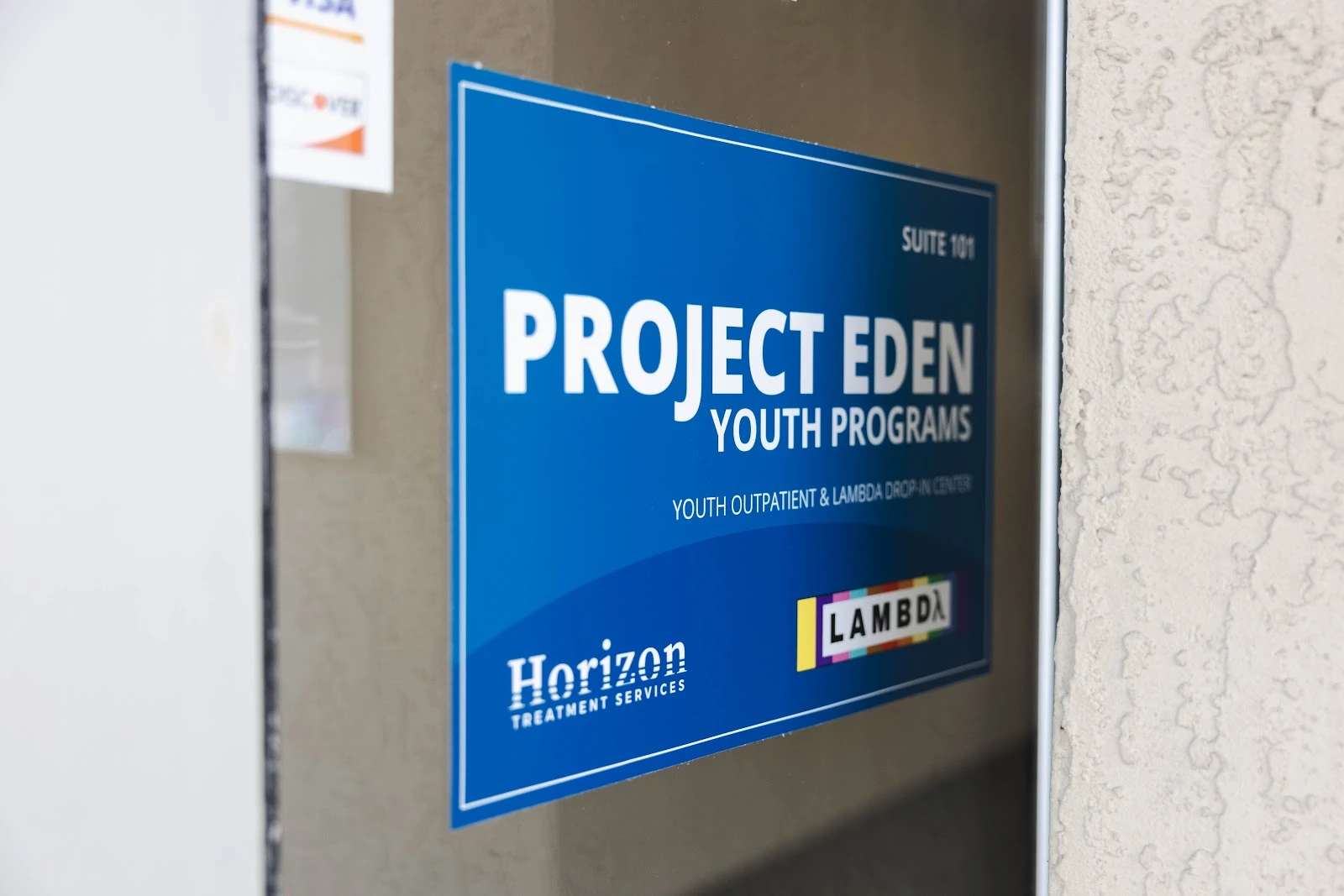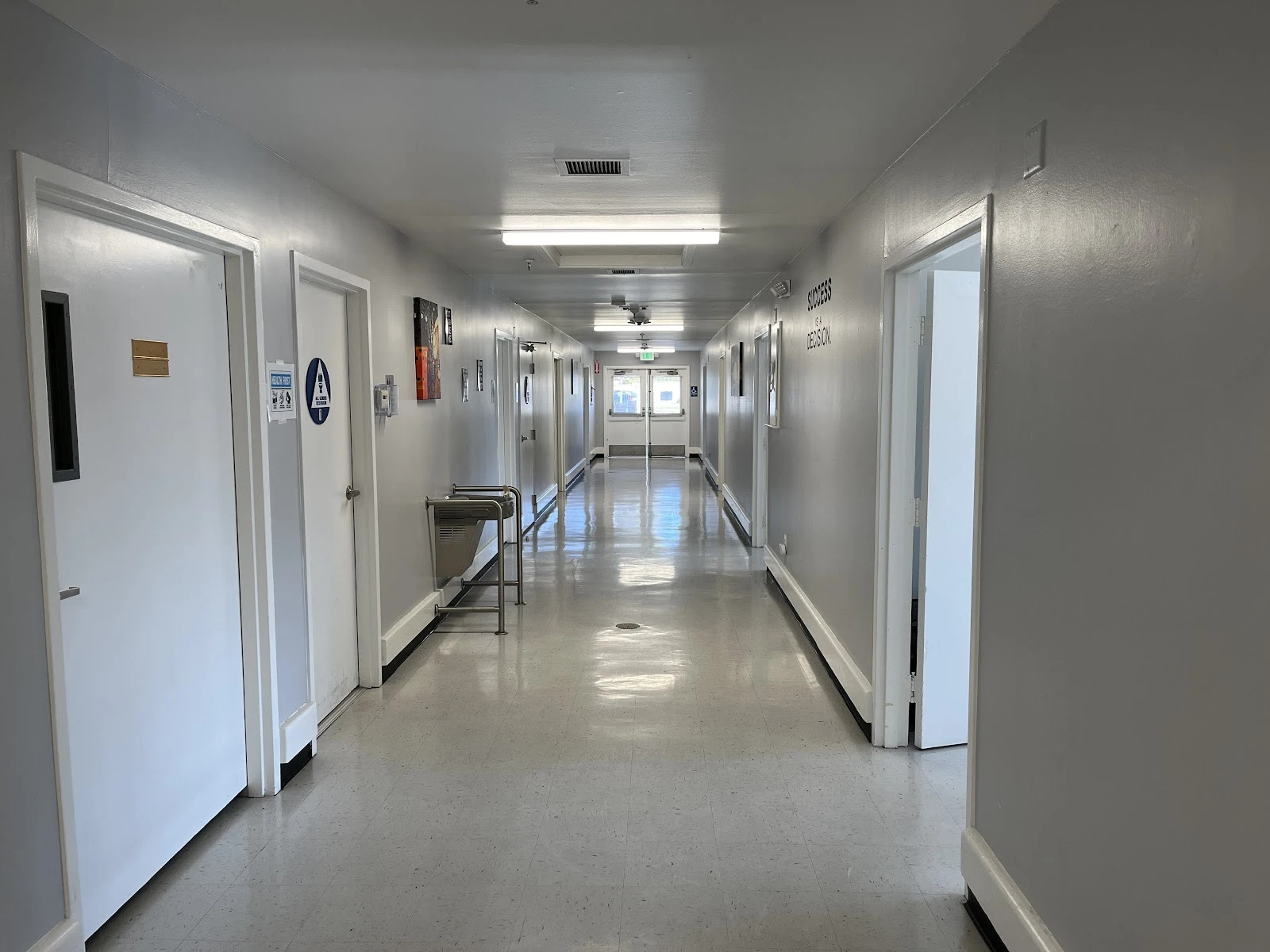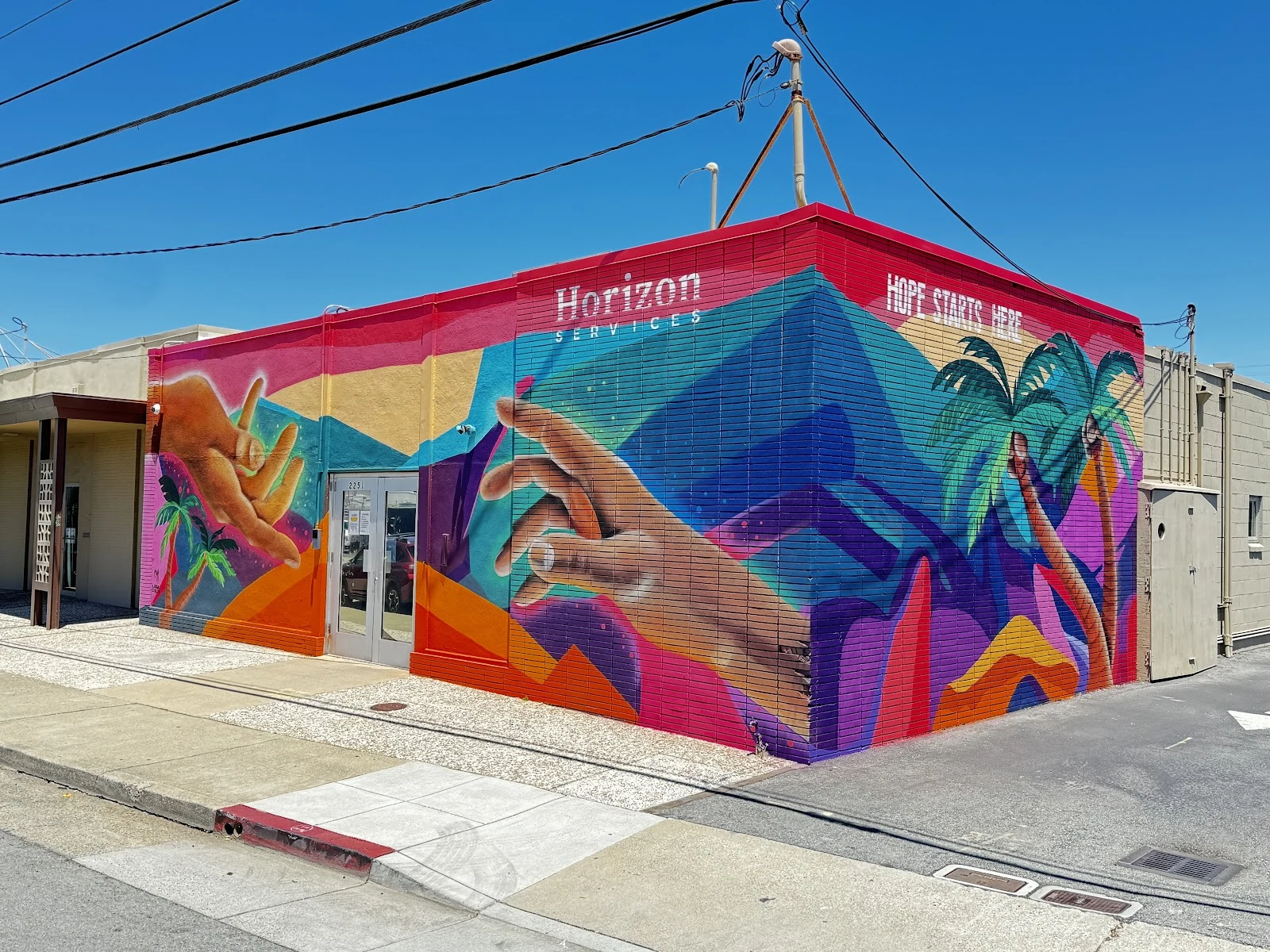Horizon Services - Cronin House Information
Treatment
Who We Treat
- Male and Female
- LGBTQ+
Approaches
- 12-Step-Based
- Individual Treatment
- Evidence-Based
- Gender-Specific
- Twelve Step
- Family Therapy
- Group Therapy
- Holistic
- Cognitive Behavioral Therapy (CBT)
- Dialectical Behavior Therapy (DBT)
- 1-on-1 Counseling
Conditions We Treat
- Depression
- Anxiety
- Post Traumatic Stress Disorder (PTSD)
- Trauma
- Co-Occurring Disorders
Substances We Treat
- Benzodiazepines
- Prescription Drugs
- Heroin
- Opioids
- Methamphetamine
- MDMA/Ecstasy
- Synthetic Stimulants (Bath Salts)
- Ecstasy
- Synthetic Drugs
Languages
- English
Experience
On-Site Amenities
- Gardens
Personal Amenities
- Air-Conditioned Rooms
- Shared Rooms
Off-Site Amenities
- Gardens
On-Site Activities
- AA/NA Meetings
Off-Site Activities
- Sightseeing
Special Considerations
- Gender-specific groups
- Healthy Meals are provided
Accreditations
-
State department of health
State Licenses, issued by government agencies, authorize rehabilitation organizations to legally operate within designated geographical areas. The specific licenses required for operation are typically determined by both the nature of the rehabilitation program provided by the facility and its physical location.

Additional Locations
Find the best treatment options. Call our free and confidential helpline today!









